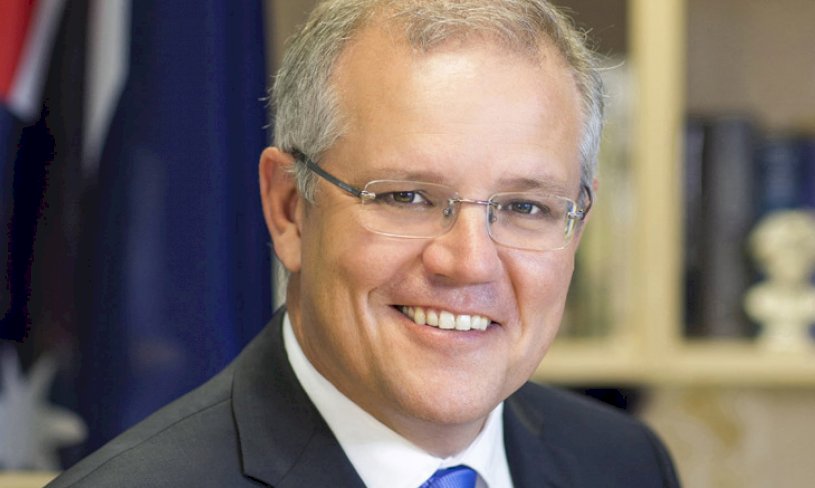Equipping professional accountants for sustainability
The International Federation of Accountants has developed a concise resource to guide accounting professionals and...
READ MORE
The Prime Minister is today (5 May) expected to try and sweeten the pot for Australian small businesses, making a pledge to create 400,000 new small businesses during the next five years, should the government be re-elected.

However, the Council of Small Business of Australia said more needs to be done and has put forward its own list of reforms and suggestions to ensure small businesses remain viable in the future.
The expected pledge from Scott Morrison comes on the back of the government’s announcement that it would spend $17.9 million on the Business Energy Advice Program to help small businesses be more efficient, in an attempt to cut back on power bills.
“We have the track record to set the conditions that help businesses, and our ambitious pledge will see 400,000 more join the economy,” Mr Morrison said.
In the past year, according to figures from the Tax Office, the government tax incentives led to $23 billion in business investment in the past year.
COSBOA chief executive Alexi Boyd said the cost of living, and the cash rate rise are impacting small businesses more than ever.
“Small business owners are our mums, dads, sisters, brothers, friends, and neighbours – just like for everyone else, it is getting harder for them to afford to buy groceries, fill the family car with petrol, and pay their rent or mortgage,” she said.
“Small businesses are faced with the unpalatable choice of absorbing these costs, increasing prices, or seeing their business dream come to an untimely end.”
Ms Boyd said there are actions that whichever party wins the 21 May election can take that would reduce the impact of these on small businesses including working with lenders to plan for viable small businesses to repay debts accrued from COVID-19 in a realistic time frame.
Other measures COSBOA has proposed are:
“If we want to keep our small businesses open, if we want them to pay higher wages, if we want them to innovate, grow, and contribute to Australian communities and culture, then our politicians must also address the impact that inflation is having on the cost of doing business,” Ms Boyd said.
“The world is not the same as it was in 2019. We need to be proactive and we need to be innovative. Above all, we need leadership from our politicians. Small business owners need to know what the major parties plan to do to manage the impact of inflation on their business before they vote, not after the election.”